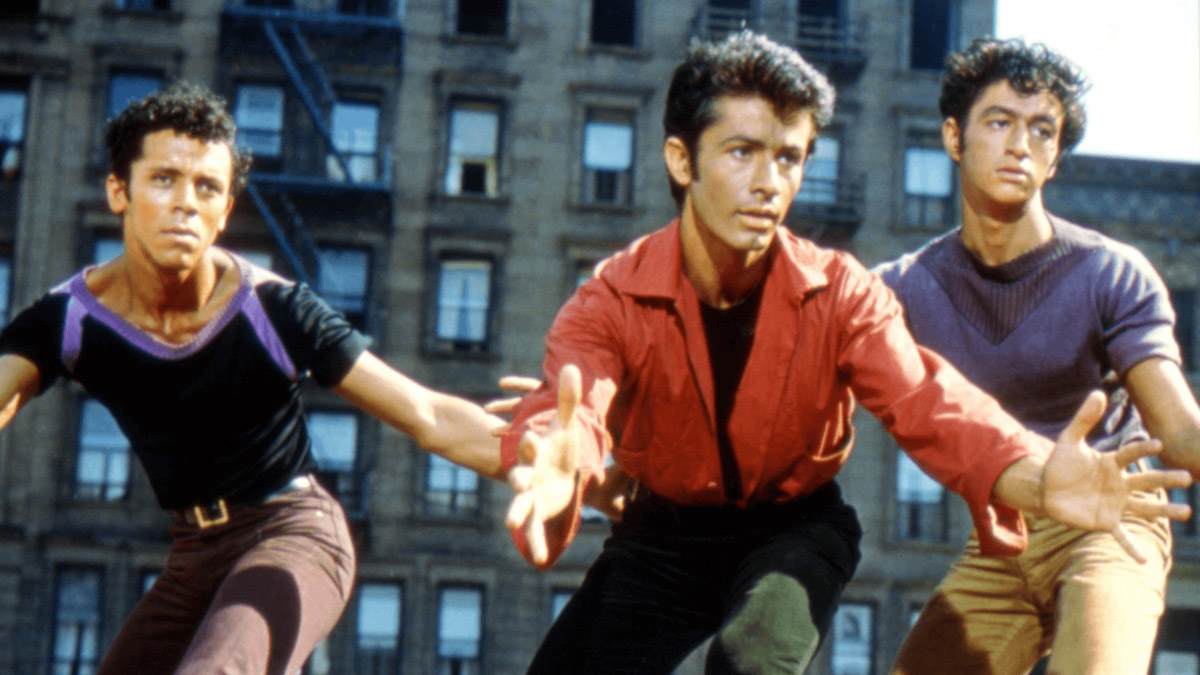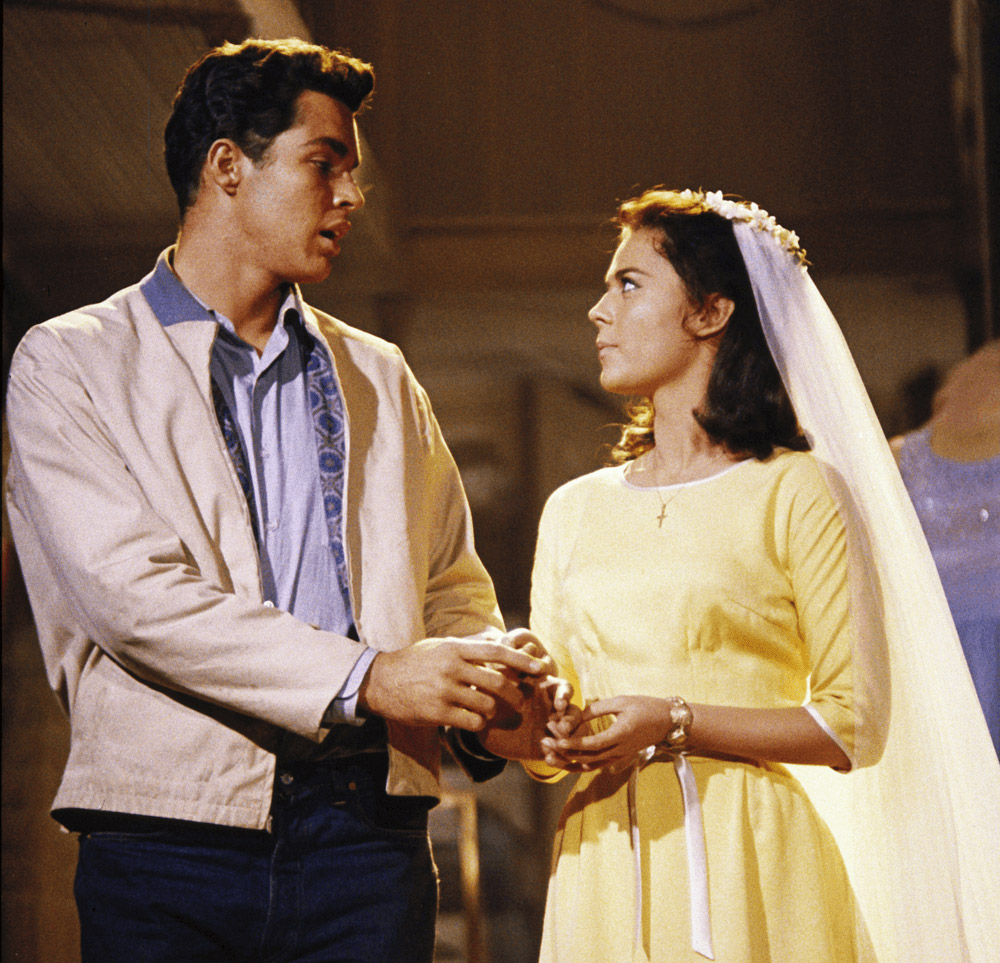
(c) Photofest / Getty Images
``West Side Story'', which has become an eternal masterpiece, is an innovation that was ahead of its time and a perfect film adaptation from the stage.
2018.10.17
The dancing is real, and the singing can be dubbed. and an unusual opening
From the stage version to the movie version.
"West Side Story" pursued both "completely unchanged parts" and "appropriate changes." As in the stage version, the best dancing Jerome Robbins wanted was naturally important in the casting, and Bernardo (leader of the Puerto Rican Sharks) was played by George, who played a riff on the rival Jets in the London production.・Russ Tamblyn, who auditioned for the role of the main character Tony, was chosen to play the role of Chakiris. This is a result of placing emphasis on dance skills.
Unlike the stage, what can be changed is ``singing''. Although this is unthinkable in today's musical films, musical films at the time often featured dubbing of singing scenes, or so-called lip-syncing. Richard Beymer and Natalie Wood were cast as the main characters, Tony and Maria, who don't have many dance scenes, and their singing and dancing skills were considered secondary. The parts of the two's songs are completely dubbed. Beymer was unknown at the time, but Wood was already a popular star, and his appointment was probably aimed at more commercial success.

"West Side Story" (c)Photofest / Getty Images
However, Natalie Wood believed that her voice was being used, and famously got angry when she found out that she had been dubbed. Marni Nixon also dubbed songs by Deborah Kerr in `` The King and I '' and Audrey Hepburn in `` My Fair Lady ,'' but this fact was kept secret for a while. was. Rita Moreno, who won the role of Anita, Bernardo's girlfriend, because of her dancing skills, had her singing dubbed, and although Moreno won the Academy Award for Best Supporting Actress for this role, she said, ``Even though she didn't sing it herself.'' It will later be criticized.
There are some differences in the way the songs are used and the order of the songs between the stage version and the movie version. In the stage version, all the equipment was removed from the stage, leaving the stage completely blank to express the lovers' feelings in a fantastic ballet, but in the film version, the scene is just Tony and Maria singing with all their heart. became. As a result, Richard Beymer and Natalie Wood were not required to dance professionally. In terms of changing the order of the songs, the stage version's first half, "Cool" (as the title suggests, is a serious song), and the second half, "Officer Kurapke" (a comical song), are swapped in the movie version, creating a dramatic curve that is typical of the movie. This led to good results.
The opening stands out as ``the part that will never be changed.'' It is common for stage musicals for the orchestra to play a digest of the songs to get the audience excited before the curtain opens, but ``West Side Story'' did this in a movie. An illustration of Manhattan Island gradually appears on the screen, only changing in color. What is played is an overture that is a compilation of melodies used in the play. This alone takes about 5 minutes. It is a unique opening, but it is a luxurious opening that heightens expectations for the story that is about to begin. Once Overture ends, the show shifts to the second opening, which is truly ``cinematic'' and shows various parts of Manhattan from above.

